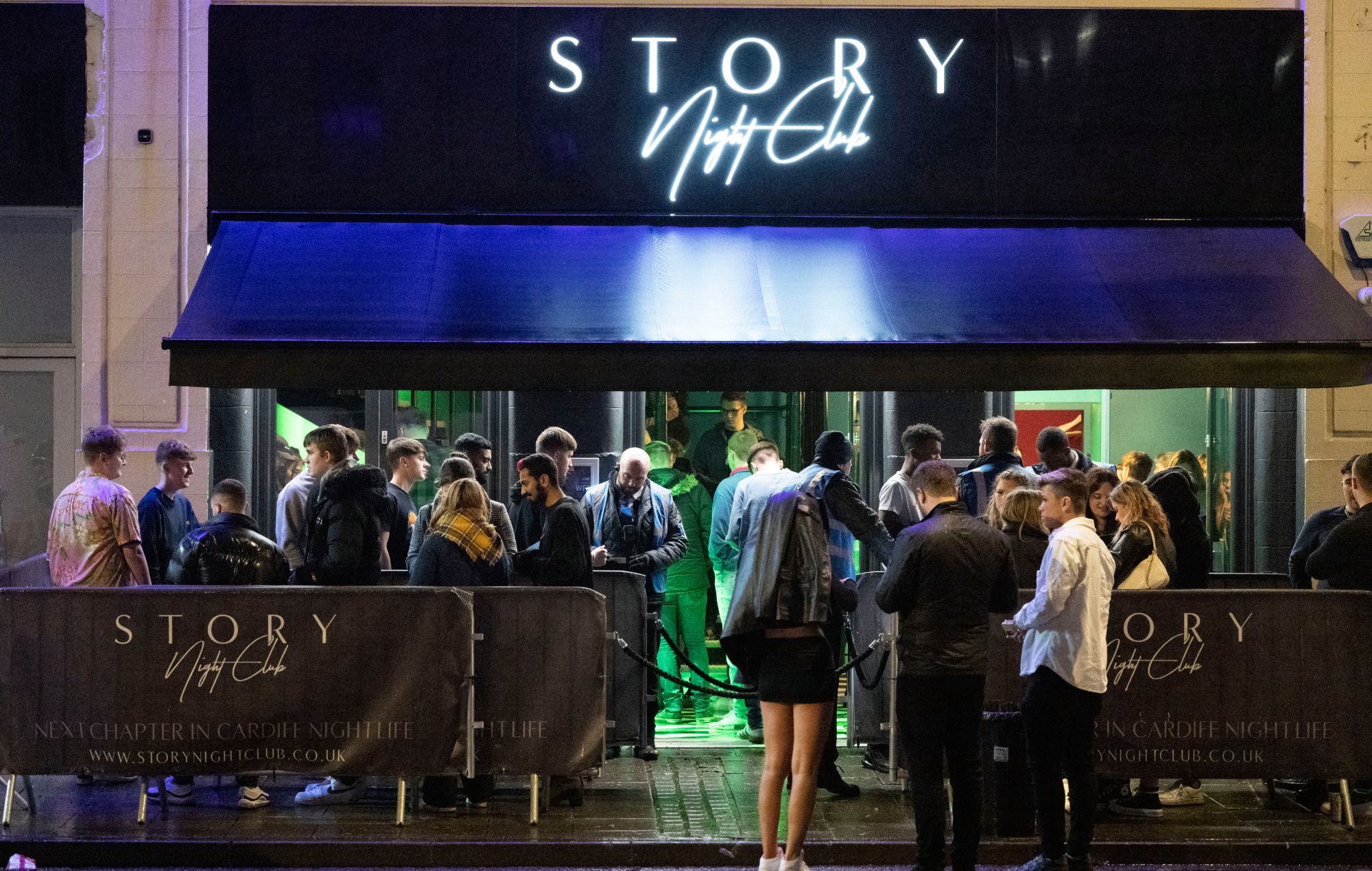
One in five UK nightclubs have shut in the last three years, new figures show.
- READ MORE: If Sheffield’s Leadmill – the venue that helped break Arctic Monkeys – closes, we all lose something
The data shared by the Night Time Industries Association (NTIA) through CGA shows that a “perfect storm” of issues has led to a dramatic drop in the number of clubs operating in the UK. There are now only 1,130 nightclubs remaining.
According to the findings, the midlands and the north have been hardest hit with some key independent businesses being lost. All these establishments play a significant role in supporting the wider The Night Time economy, which generates £112billion in revenue per annum (six per cent of the UK’s total).
NTIA said that “the culmination of pandemic debt, growing energy bills, workforce challenges, supply chain, increased insurance premiums, landlord pressures and product cost increases have created a perfect storm”.
Additionally, operating cost pressures coupled with consumers being less willing to spend their disposable income during the cost of living crisis are considered in light of the early stages of a recession, with slowing ticket sales and visitor frequency.


CEO of NTIA Michael Kill said in a statement: “Late night economy businesses were one of the quickest sectors to rebound during the financial crash many years ago, harbouring an abundance of resilience and entrepreneurial spirit.
“It’s without a doubt that these businesses, particularly nightclubs, have a huge part to play in the regeneration of high streets in towns and cities across the UK.”
“Beyond the generation of footfall through trade, domestic and international visitors to clubs support the local economy in secondary and tertiary purchases through accommodation, travel and retail.
He continued: “It is also key to recognise that these businesses play a key part in people’s decision making process from choosing a University or College to influencing investment choices for businesses relocating or expanding, to accommodate for a young workforce.”
“Not forgetting the important part they play in people’s, physical, mental and social well being.”

He concluded: “The Government needs to recognise the economic, cultural, and community value of clubs and the wider night time economy. We must protect these businesses, using every means possible, and recognise their importance before it’s too late.”
Labour’s Shadow Levelling Up Secretary, Lisa Nandy, said that reopening formerly loved nightclub spaces in struggling towns and city centres could help to revive the high streets and boost the economy.
“Every single town has a lost nightclub they feel very strongly about – that was part of our history and our heritage,” she said.
The impact of the COVID pandemic on the country’s nightlife sector has caused many establishments to face financial issues. The government responded with some financial assistance packages, including a £1billion support package introduced in December 2021 after the emergence of the Omicron variant.
However, industry bodies and venues alike have called the support “woefully inadequate”.
In other news, Regina Baer, co-founder of Berlin nightclubs Tresor and Kraftwerk, has died.
The pioneering Baer was described in her friend and colleague Dimitri Hegemann’s tribute as having “decisive influence” on the creation of the cultural and performance space Kraftwerk, which is currently home to an exhibition series celebrating 31 years of Tresor.
Baer and Hegemann helped establish the club Tresor in 1991 after the fall of the Berlin wall. The venue was located between the two infamous walls in the heart of the reunited city. It soon became a launchpad for a youth culture movement inspired by techno.






